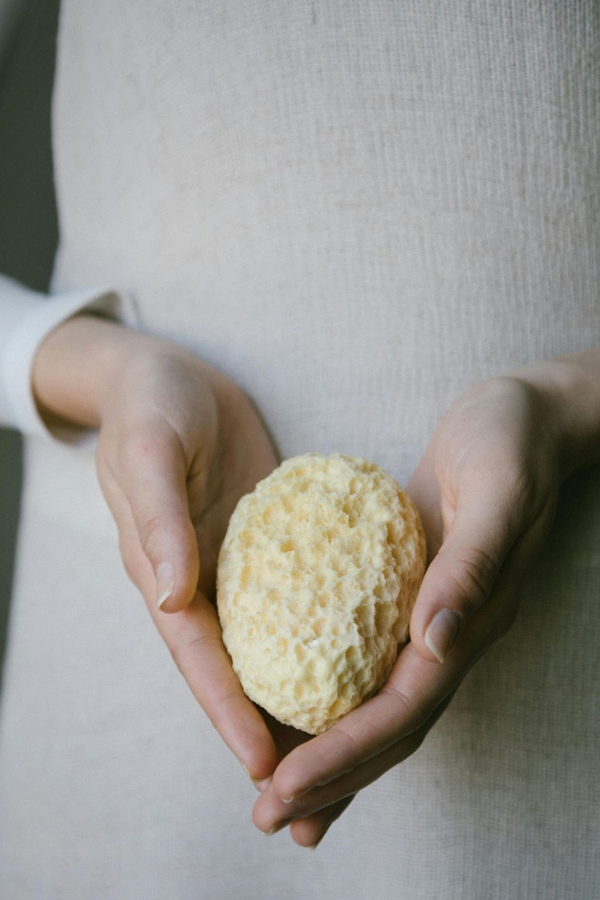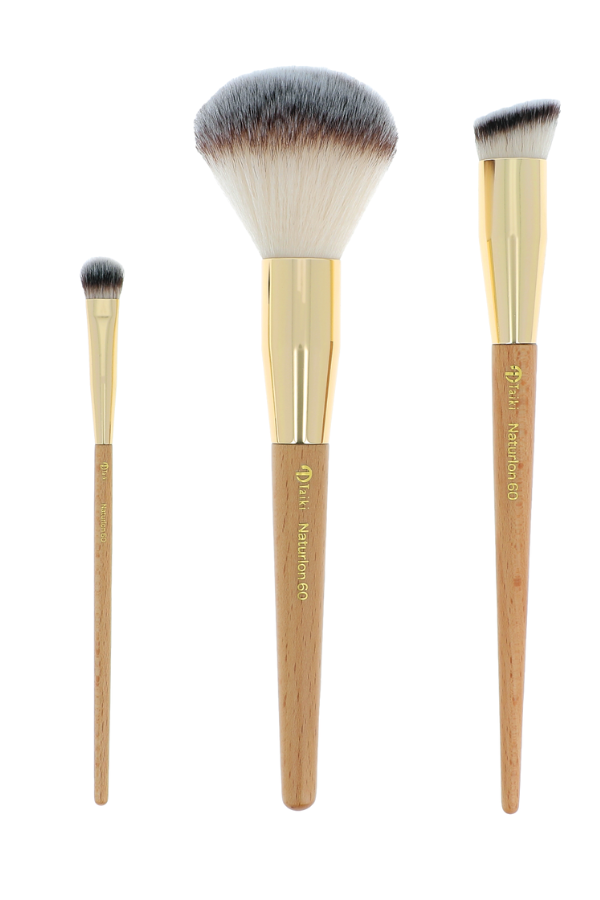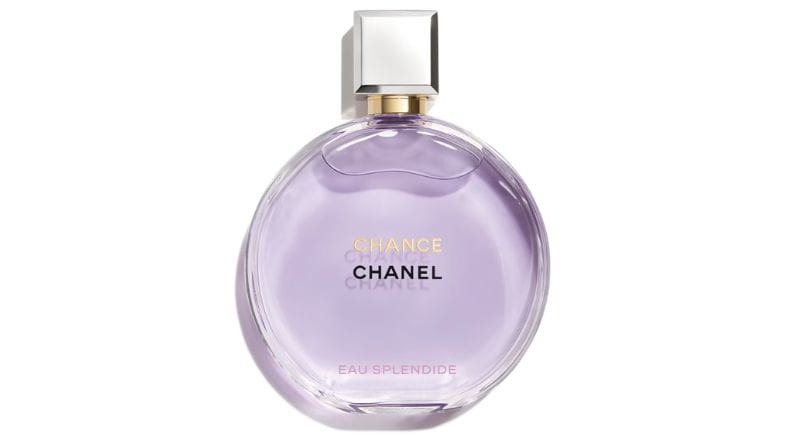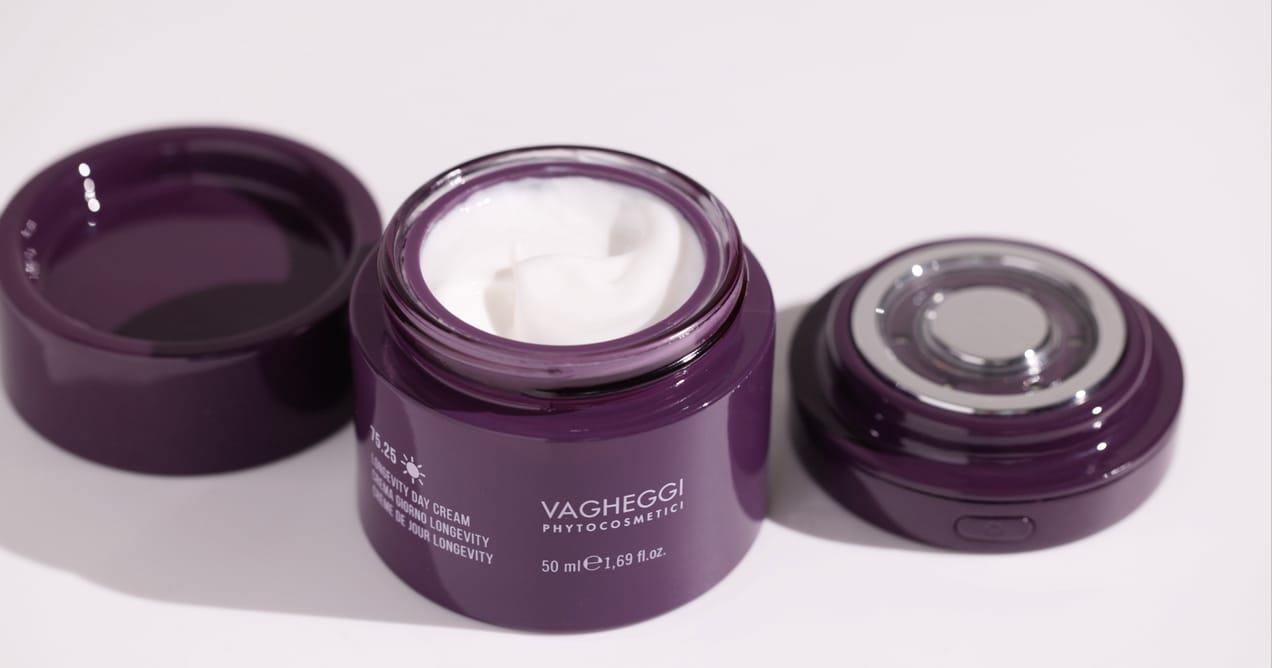
More conscious tools of the (beauty) trade – How biobased sponges can transform the beauty routine with Taiki
In the world of cosmetics, sustainability is not just about greener packaging and natural formulations. More and more, consumers are starting to demand better, more responsible solutions in the area of accessories, too.
Makeup tools are a great example. Typically, makeup sponges, puffs, and brushes are produced using substances with a high environmental impact, such as petrochemicals. More responsible alternatives are available, though, and Taiki is pioneering some of them.
A brief history of makeup sponges

We’ve just mentioned how “standard” makeup tools are generally made from artificial materials, but it wasn’t always like this. The first cosmetic sponges produced in history, for instance, were natural, as they derived from either sea sponges or were made out of natural latex.
With industrial advancements, however, and consumers’ higher awareness of potential issues such as allergic reactions and bacteria growth, as well as the desire for longer-lasting makeup tools, companies began harnessing artificial materials. Today, the majority of beauty sponges are made of Nitrile Butadiene Rubber (NBR) or polyurethane (PU).
These are very efficient in terms of makeup application, but they do come from fossil resources. Are there any sustainable alternatives that could maintain the efficacy and safety of these sponges without further harming the planet? Taiki believes so.
Reinventing the cosmetic sponge
The Taiki Beauty Sponge, based on the supplier’s exclusive and patented manufacturing process, ensures maximum application quality as well as the same performance of luxury sponges at affordable price points.
This 100% NBR, antimicrobial-treated sponge reduces the quantity of petrochemical-derived ingredients by 28% and features smaller and more controlled pore sizes, delivering a luxuriously soft feel.
The Taiki Beauty Sponge is available in three different references: Universal – a square sponge for all formula types – Oil Tolerance – a round sponge for oily foundation formulas and UV filters – and Wet Touch – square-shaped and with ultra-thin pores for compact powders.
Bio-based, upcycled beauty

In a bid to cut its use of fossil resources, Taiki is now upcycling non-food plant waste to create a new ingredient that effectively replaces one of the petrochemical ingredients necessary to create PU. Taiki’s Bio-Blenders are the result of this effort.
Up to 50% of the Pure Bio-Blenders come from biobased sources, including powders from lavender, lotus, green tea, rose, and bamboo charcoal, with the percentage going up to 70% for the Blooming Bio-Blender range.
In terms of efficacy, these sponges offer the same properties as their standard counterparts: they are washable, antibacterial, soft, and bouncy, and ensure high-quality makeup application.
More sustainable air cushion puffs

Taiki also redesigned its cushion puffs, launching the Bio Cushion Puff range that features 30% to 37% of biobased material.
The puff features three biobased materials: Ecoporous 70, a premium PU material containing up to 70% biobased components; Bio Jones, a comfortable and texturised material with 33% biobased components; and Lyocell, a ribbon to hold the puff, which is 100% biobased.
Part of the fossil-origin ingredients is replaced by materials generated from renewable sources, such as corn and castor oil plants. The properties remain excellent: premium quality, ultra-soft feel, washable, and high-performing makeup application.
What about makeup brushes?
Up until the 2010s, the majority of brush tufts were made using natural animal hair, such as goat, marten, or pony. But with more and more consumers demanding cruelty-free and vegan products from cosmetics brands, manufacturers turned to 100% synthetic fibres.
While these do not use any animal-derived substances, they are 100% petroleum-based. The challenge, then, was twofold: on the one hand, producers of makeup accessories were asked to find cruelty-free alternatives while, on the other, they also had to identify greener options that did away with petrochemicals.
Ethical and vegan makeup brushes

Addressing these demands, Taiki released Naturlon 60, a more ethical and sustainable fibre for makeup brushes. Besides being 100% vegan and cruelty-free, it’s also made of up to 60% biosourced material, which allows it to drastically reduce the percentage of petrochemical polymers used.
These makeup brushes are versatile and available in different shapes and customisations, while also being easy to wash, quick to dry, safe, and hygienic.
But when it comes to makeup brushes, ethical and vegan fibres are not the only sustainable innovation from Taiki. The company, in fact, has also developed a range of makeup brush handles created using upcycled biomaterials.
Moving away from wood, which doesn’t always allow the production of complex shapes – such as retractable premium brushes – Taiki created a Bio-resin brush. These are eco-designed makeup brush handles, composed of between 10% and 30% biosourced material coming from either agricultural or industrial waste, including rice hull, tea, coffee, and bamboo.
Besides being a greener alternative and 100% vegan, these brush handles are also great for creating more sophisticated shapes that are not achievable with wood.
Moving towards more natural-origin beauty tools

With its new makeup sponges, blenders, and brushes, Taiki demonstrates to be able to respond to the increasingly high demand for vegan, cruelty-free, and more sustainable makeup tools.
It does so without compromising on the efficacy and high performance that consumers want, which helps it maintain its leading position in the market.

